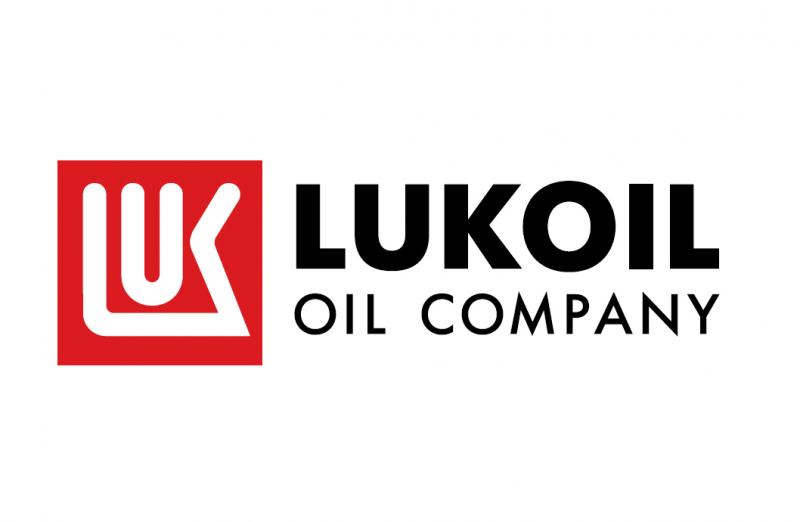LUKOIL intends to develop field in Kazakh part of Caspian Sea shelf

By Kamila Aliyeva
Russia’s energy giant LUKOIL intends to develop a field in the Kazakh part of the Caspian Sea shelf.
Head of the oil company Vagit Alekperov and chairman of the board of KazMunaiGas Sauat Mynbayev signed an agreement on the principles on the Zhenis block in the Caspian Sea in Astana on June 5.
According to the press service of the Kazakh Energy Ministry, the document assumes that the parties will form a consortium and will hold negotiations with the competent authorities of Kazakhstan to obtain subsoil use rights in the said section.
The Zhenis block is located in the Kazakh sector of the Caspian Sea at a depth of 75-100 m. The distance to the coast is 80 km, to the port of Aktau (Kazakhstan) - 180 km. The license area is 6,848 square kilometers.
Earlier, LUKOIL showed its interest in P-2 and Zhenis blocks, which were refused by Total back in 2012.
In the 2000s, international investors showed an active interest in the Kazakh part of the Caspian shelf, both because of rising oil prices, and in connection with the expectation of major discoveries.
So, according to Gaffney, Cline & Associates estimates, without taking into account the reserves of the North Caspian project (Kashagan, Aktoty, Kairan and Kalamkas-Sea), the resources of the Kazakhstan shelf are 2.3 billion tons of oil.
However, in 2011 there was a turning point, including due to unsuccessful exploration results. In particular, LUKOIL drilled dry wells in two sections of Atash and Tyub-Karagan, as did Rosneft for Kurmangazy.
In addition, at the peak of oil prices, the government of Kazakhstan seriously revised its tax policy - it was decided not to enter into production sharing agreements under new projects and to conduct them in the framework of a standard tax regime. As a result, in the spring of 2012, Total abandoned the Zhenis bloc. Following this, Eni, ConocoPhillips and Statoil also withdrew from the projects.
However, this year the Kazakh authorities improved the tax conditions for offshore projects, returning investors’ interest.
Now, instead of a payment for reimbursement of historical costs, MET and the excess profit tax, there is an alternative tax with a flexible rate that takes into account the volatility of oil prices - at a price below $50 per barrel, the tax is zero, then it grows to a maximum of 30 percent at a $90 per barrel price.
LUKOIL has been operating in Kazakhstan since 1995. The company is a party to several onshore production projects and a member of the Caspian Pipeline Consortium (CPC). LUKOIL has been investing substantially both in production projects and in the region’s social development.
In Kazakhstan, LUKOIL owns stakes in three oil projects, that is Tengiz (5 percent share), Karachaganak (13.5 percent) and Kumkol (50 percent). LUKOIL also develops fields in the north of the Caspian Sea in the Russian sector - Filanovsky and Korchagin (15 million tons have been extracted since 2010).
---
Kamila Aliyeva is AzerNews’ staff journalist, follow her on Twitter: @Kami_Aliyeva
Follow us on Twitter @AzerNewsAz
Here we are to serve you with news right now. It does not cost much, but worth your attention.
Choose to support open, independent, quality journalism and subscribe on a monthly basis.
By subscribing to our online newspaper, you can have full digital access to all news, analysis, and much more.
You can also follow AzerNEWS on Twitter @AzerNewsAz or Facebook @AzerNewsNewspaper
Thank you!
